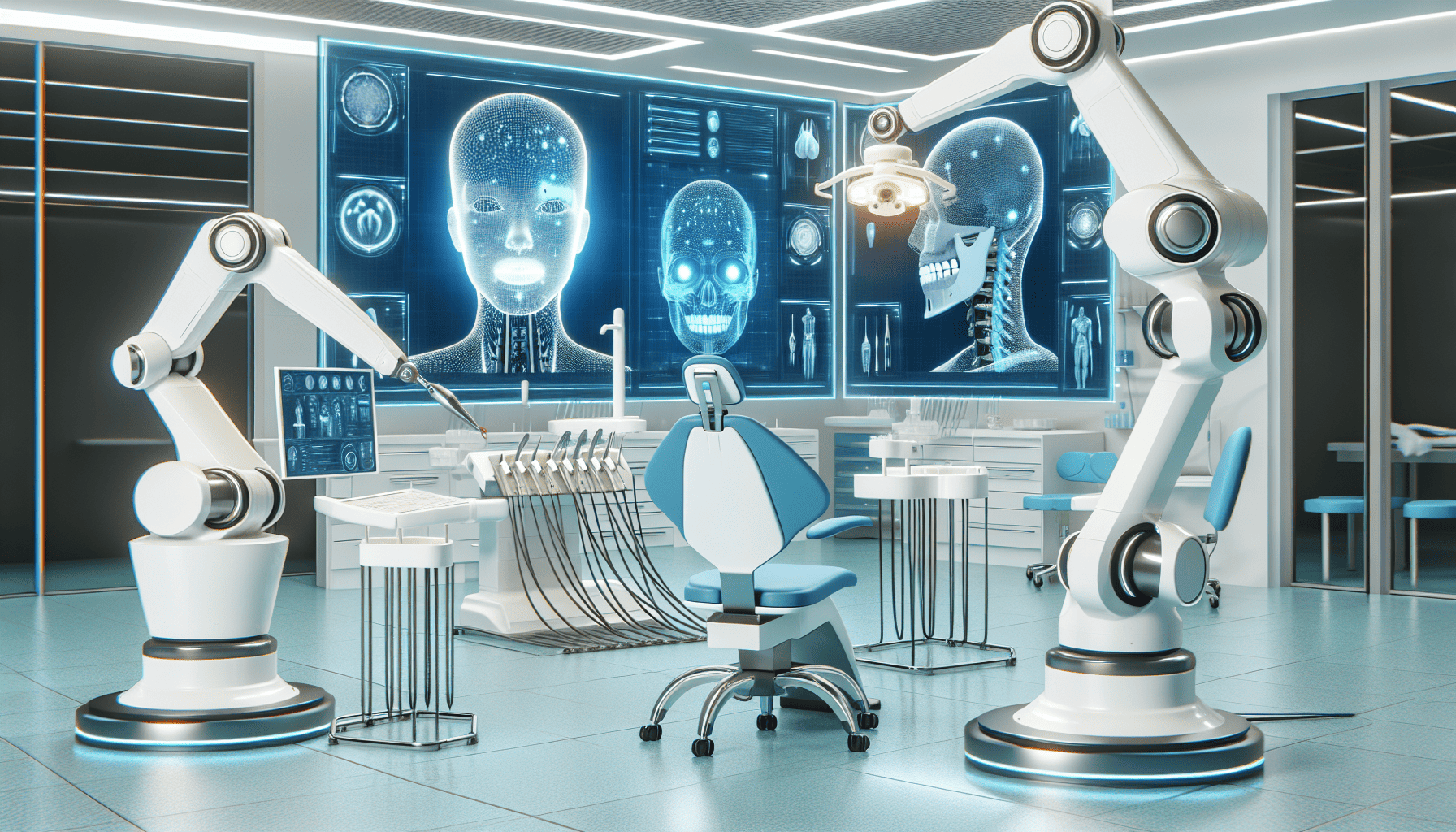In recent years, the integration of artificial intelligence (AI) into various sectors has revolutionized the way we approach everyday tasks. Dentistry is no exception. AI-driven dental solutions are increasingly paving the way for advanced, personalized care that caters specifically to the needs of individual patients, enhancing both the accuracy and efficiency of dental treatments.
One of the most impactful applications of AI in dentistry is in diagnostic imaging. Traditional methods of interpreting X-rays and other dental images can be time-consuming and prone to human error. AI technology, however, enhances the precision of diagnoses by utilizing complex algorithms to analyze vast amounts of image data quickly. These algorithms can detect patterns and anomalies that might be overlooked by the human eye, ensuring that dental issues are identified early and addressed properly.
Moreover, AI systems can personalize treatment plans by analyzing not just static images but also a patient’s dental history and lifestyle factors. This allows dentists to predict potential future issues and customize preventive strategies. Such personalized assistance ensures that patients receive care that is specifically tailored to their unique dental profiles, promoting better long-term oral health.
In addition to diagnostics, AI tools are improving procedural outcomes. Robotic assistance, guided by AI technology, offers higher precision during complex dental surgeries and procedures, reducing the risk of complications and shortening recovery times. These advancements do not only improve the quality of care but also enhance patient experience by minimizing discomfort and anxiety associated with dental visits.
AI-driven platforms are also fostering better patient-dentist communication. Virtual dental assistants, powered by AI, can manage appointments, send reminders, and provide answers to basic dental care queries. This integration facilitates a smooth patient journey, ensuring that individuals are well-informed and engaged in their dental health management.
Another significant advantage of AI in dentistry is its role in resource management. By analyzing patient flow and operational data, AI can optimize scheduling, inventory management, and staff allocation. This ensures that dental practices run smoothly and efficiently, ultimately providing a better experience for both patients and practitioners.
As AI technology continues to evolve, its role in dentistry will likely expand even further. Future developments could include more sophisticated risk assessment tools, AI-driven innovations in orthodontics, and smarter solutions for managing chronic dental conditions. The focus will remain on delivering personalized, high-quality dental care in a way that empowers both patients and healthcare professionals.
In conclusion, AI is driving a transformative shift in dental care, making it more precise, efficient, and tailored to individual needs. This technology not only helps in improving clinical outcomes but also enhances the overall patient experience, paving the way for a future where dental care is smarter and more connected than ever before.
